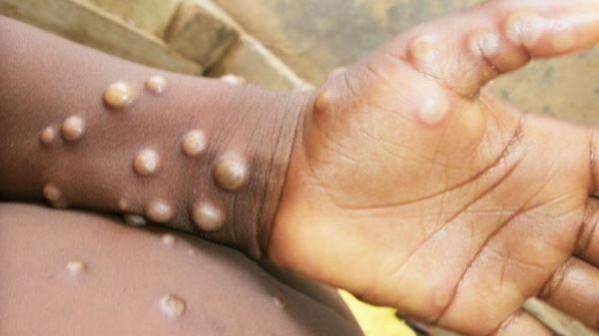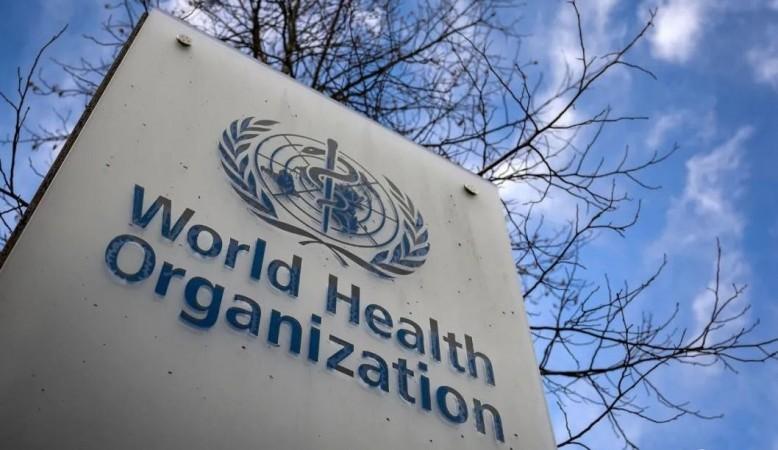
The Democratic Republic of the Congo (DRC) is grappling with a significant health crisis. Health Minister, Samuel-Roger Kamba, recently declared the ongoing mpox outbreak a continental emergency. This announcement has sent shockwaves through the global health community, as the disease continues to spread across the African continent and beyond. Since the beginning of the year, the DRC has documented 16,700 confirmed or suspected cases of mpox, including over 570 deaths. This marks a significant increase from the 15,664 suspected cases and 548 deaths reported just a week prior.
The rapid escalation of the outbreak has prompted the World Health Organization (WHO) to declare mpox, formerly known as monkeypox, a public health emergency of international concern. The disease, which has now spread to 17 African countries and several others outside the continent, is notably impacting younger populations, particularly children under 15. This demographic shift is described by Minister Kamba as a novelty in the context of the outbreak.
The minister also emphasized that while the country is expecting to receive a batch of mpox vaccines soon, the vaccine is only part of the response. The first line of defense, he stressed, is adherence to preventive measures.
The WHO's declaration came after the Africa Centers for Disease Control and Prevention estimated that the ongoing mpox outbreak constitutes a public health emergency for the continent. According to the African Union's health agency, the number of new mpox cases reported in 2024 represents a 160 per cent increase compared to the same period in 2023.
The current outbreak, which originated in the DRC, has been exacerbated by the emergence of a more lethal new variant of the virus, Clade 1b. This variant has a mortality rate estimated at 3.6 per cent, significantly higher than previous strains. This development has raised alarms about its potential for increased global transmission.
The international community has responded with concern to the escalating crisis. Cases of the disease have been identified in more than a dozen countries in Africa, with 96% in DRC. Last week, Sweden confirmed a case of the more contagious variant of the disease, the first identified outside Africa. Another case has since been reported in Pakistan.

While these cases have inevitably raised concerns about the further spread of the disease, it remains the case that those in the DRC and neighboring countries are most at risk. The global response to the outbreak includes efforts to distribute vaccines, with the DRC expecting to receive a batch of mpox vaccines soon. However, the global response is also focused on recognizing the need for equitable access to vaccines and supporting affected countries, like the DRC, with resources and expertise.
The WHO and other health agencies are advocating for increased global attention and resources to address the outbreak effectively, acknowledging the importance of preventing the spread beyond the continent and supporting local health systems. The mpox outbreak is reminiscent of previous global health crises, such as the Ebola outbreak in West Africa in 2014-2016. Like Ebola, mpox is a zoonotic disease, meaning it can be transmitted from animals to humans.
The ongoing mpox outbreak in the DRC and its spread to other countries is a stark reminder of the interconnectedness of global health. The international community's response, while swift, underscores the need for ongoing vigilance, resource allocation, and collaboration in the face of such health emergencies. As the situation continues to evolve, the world will be watching closely, hoping that the lessons learned from past outbreaks will inform a robust and effective response to this emerging crisis.












!['Had denied Housefull franchise as they wanted me to wear a bikini': Tia Bajpai on turning down bold scripts [Exclusive]](https://data1.ibtimes.co.in/en/full/806605/had-denied-housefull-franchise-they-wanted-me-wear-bikini-tia-bajpai-turning-down-bold.png?w=220&h=138)
![Nayanthara and Dhanush ignore each other as they attend wedding amid feud over Nayanthara's Netflix documentary row [Watch]](https://data1.ibtimes.co.in/en/full/806599/nayanthara-dhanush-ignore-each-other-they-attend-wedding-amid-feud-over-nayantharas-netflix.jpg?w=220&h=138)



